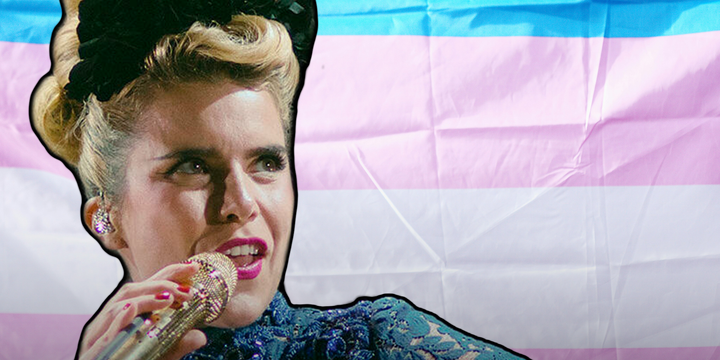Trans pupils in Scotland are limiting food and drink intake to avoid using school toilets, fearing they might be ‘outed’

The Educational Institute of Scotland (EIS) has said the Scottish Government’s newly revised guidance on supporting trans pupils in schools "falls short" of providing clarity to schools, teachers, parents and young people.
The updated guidance, released in the wake of recent legal rulings - including the Supreme Court’s interpretation of ‘sex’ under the Equality Act 2010 and the Court of Session’s judgment on the School Premises Regulations (Scotland) 1967 - aims to help schools navigate the complex legal landscape surrounding trans rights in education. However, the EIS has expressed concern that the guidance lacks the practical detail required to support consistent and lawful implementation across Scotland’s schools.
Andrea Bradley, General Secretary of the EIS, acknowledged the guidance’s emphasis on dignity, privacy, and respect for all pupils, and its call for consultation with trans learners and their families. She also stressed the importance of involving trade unions and trained Equality Representatives in policy discussions.
Yet, Bradley cautioned that the guidance leaves too much discretion to individual schools and local authorities, potentially leading to inconsistent practices and heightened legal risk. “Unfortunately, the guidance falls short of providing the clarity schools, teachers, parents and young people so urgently need,” she said.
Unfortunately, the guidance falls short of providing the clarity schools, teachers, parents and young people so urgently need.
The EIS has received troubling reports since the start of the school year, including accounts of trans pupils limiting food and drink intake to avoid using school toilets, fearing they might be ‘outed’. While the guidance suggests mitigations - such as allowing access to toilets outside break times or offering single-occupancy accommodation on school trips - the EIS warns these measures could isolate trans pupils and create a sense of exceptionalism.
The union also highlighted the need for full Equality Impact Assessments when considering changes to facilities and policies, and expressed concern about the negative media narrative surrounding recent legal cases, which it believes could exacerbate risks for LGBTQ+ communities.
In its statement, the EIS reaffirmed that the legal definition of ‘sex’ should not prevent schools from respecting trans identities, using appropriate pronouns, or promoting inclusive education. “Understanding, inclusion, and safety are all essential factors to ensure every pupil - including those who are trans - can be visible in our educational establishments and have their needs met,” the union concluded.
Support independent LGBTQ+ journalism
Scene was founded in Brighton in 1993, at a time when news stories about Pride protests were considered radical. Since then, Scene has remained proudly independent, building a platform for queer voices. Every subscription helps us to report on the stories that matter to LGBTQ+ people across the UK and beyond.
Your support funds our journalists and contributes to Pride Community Foundation’s grant-making and policy work.
Subscribe today




Comments ()